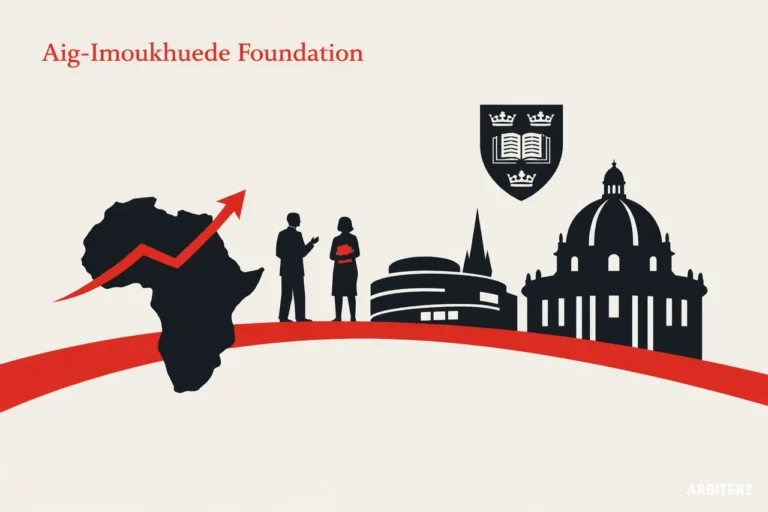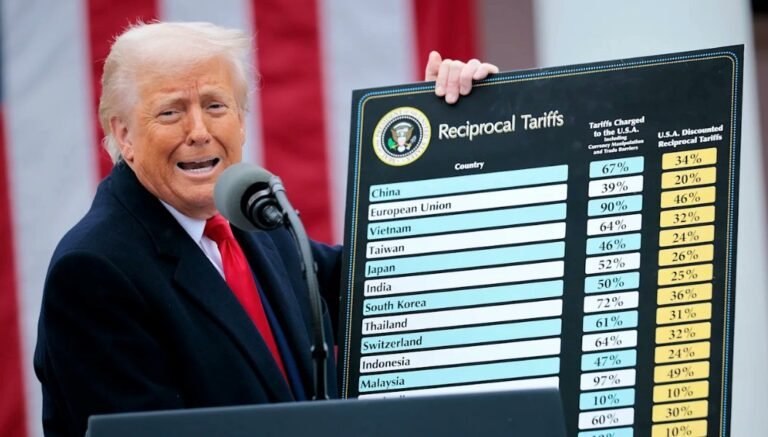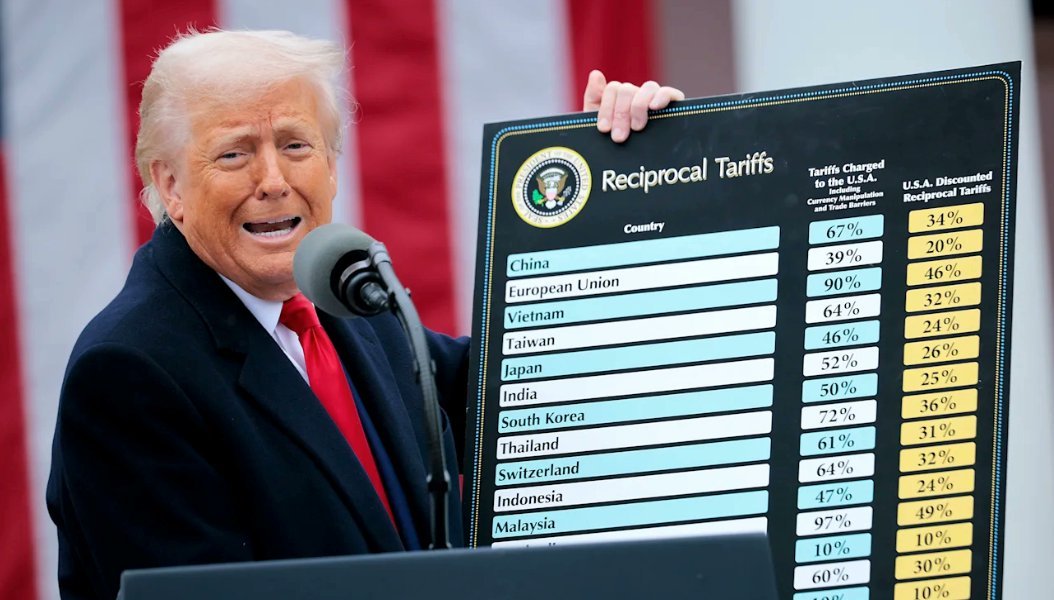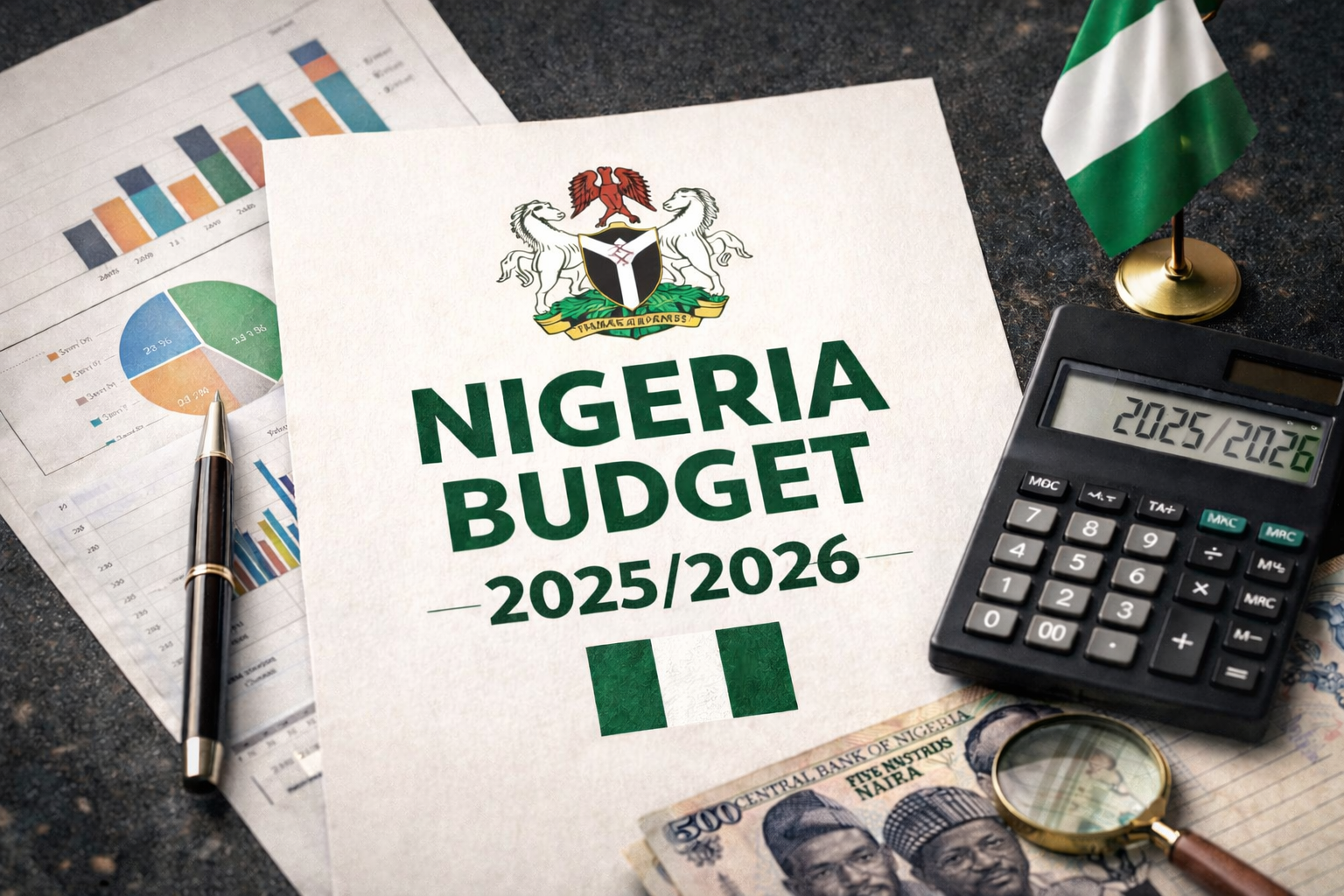Mohammed Idris, Nigeria’s Minister of Information and National Orientation, provided detailed insights into the rationale behind the creation of two new ministries by the administration of President Bola Ahmed Tinubu. These ministries, the Ministry of Livestock Development and the Ministry of Regional Development represent a deliberate effort to unlock Nigeria’s economic potential and foster sustainable development. Headed by Mr. Abubakar Eshiokpekha Momoh and Alhaji Idi Mukhtar respectively, the two ministries were spotlighted during the opening day of the second edition of the Ministerial Briefing Session, where their mandates and early achievements were showcased.
The Ministry of Livestock Development
Established in July 2024, the Ministry of Livestock Development is a cornerstone of the Tinubu administration’s plan to revolutionize Nigeria’s livestock sector. According to Idris, this ministry was created to transform the country’s multi-billion-dollar livestock potential into tangible economic prosperity for its citizens. Nigeria’s livestock industry has long been recognized as a goldmine, yet its full capacity has remained largely untapped due to structural inefficiencies and lack of focused policy direction. The creation of this dedicated ministry signals a shift toward harnessing this sector to boost food security, create jobs, and increase export revenue. During the briefing, Minister Abubakar Eshiokpekha Momoh elaborated on the initial steps his team has taken since assuming office, emphasizing a proactive approach to addressing longstanding challenges in the industry.
The Ministry of Regional Development
The second of the newly established ministries, the Ministry of Regional Development, came into existence in October 2024. Tasked with overseeing the activities of Nigeria’s regional development commissions, this ministry aims to drive equitable growth across the country’s six geo-political zones. Idris highlighted that the ministry, under the leadership of Alhaji Idi Mukhtar, is designed to ensure that development initiatives are tailored to the unique needs of each region, fostering unity and economic balance. Since its inception, the ministry has wasted no time in laying the groundwork for impactful projects, as Mukhtar detailed during the briefing session. This strategic focus on regional development is poised to address disparities and promote inclusive progress nationwide.
Also Read:
- Rising Poverty in Nigeria: Reversing "Tinubu Reforms" Would Be Disastrous
- Rail projects dominates transport ministry’s 2025 focus
- Federal Ministry Of Education Announces Masters and PHD Commonwealth Scholarships in the UK
- Nigeria Spends About $1.5 Billion Annually on Dairy Products Importation – Agric Ministry
Ministerial Briefing Session
The Ministerial Briefing Session, now in its second edition, served as the platform for these revelations. Idris, in his welcome address, underscored the importance of the event as a means of keeping Nigerians informed about the government’s activities. He noted that both Momoh and Mukhtar, despite the relatively short time since their appointments, have demonstrated commendable initiative in their respective roles. The ministers used the occasion to provide comprehensive updates on their progress, outlining the policies and programs they have begun to implement. This public engagement reflects the Tinubu administration’s commitment to transparency and accountability, core principles that Idris emphasized throughout his speech.
The Media’s Role in National Development
Idris reserved special praise for the media, describing them as indispensable allies in the government’s efforts to communicate its achievements to the public. He acknowledged their consistent coverage of the Ministerial Briefing Sessions, which has ensured that Nigerians remain well-informed about the administration’s strides. However, he also issued a call to action, urging journalists to maintain the highest standards of accuracy and fairness in their reporting. Idris cautioned against sensationalism, stressing that while constructive criticism and diverse perspectives are welcome in a democratic society, misinformation and disinformation undermine public discourse and trust. His remarks underscored the delicate balance between press freedom and responsibility.
Amplifying Government Efforts Through Publicity
To maximize the reach of the briefing sessions, Idris assured that the government would leverage multiple media platforms to disseminate the ministers’ updates. This multi-channel approach is intended to promote accountability by ensuring that citizens across the country have access to the information presented. Additionally, it opens the door for public feedback, which Idris encouraged as a vital component of participatory governance. By amplifying these sessions, the administration aims to foster a two-way dialogue with Nigerians, aligning its policies with the needs and aspirations of the populace.
A Vision for Progress Under Tinubu’s Leadership
The creation of the Ministries of Livestock Development and Regional Development, as explained by Idris, is a testament to President Tinubu’s vision of unlocking Nigeria’s latent potential. These ministries, though new, are already setting the stage for transformative change in their respective domains. With Momoh and Mukhtar at the helm, both entities are poised to deliver on their mandates, contributing to economic prosperity and regional harmony. As the Tinubu administration continues to roll out its agenda, the briefing sessions serve as a critical avenue for showcasing progress, engaging the media, and inviting public input—all in the spirit of building a stronger, more united Nigeria.


























